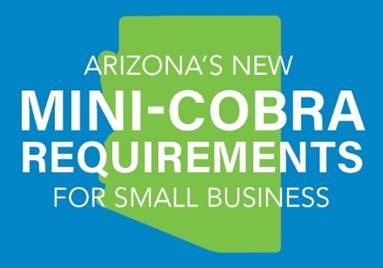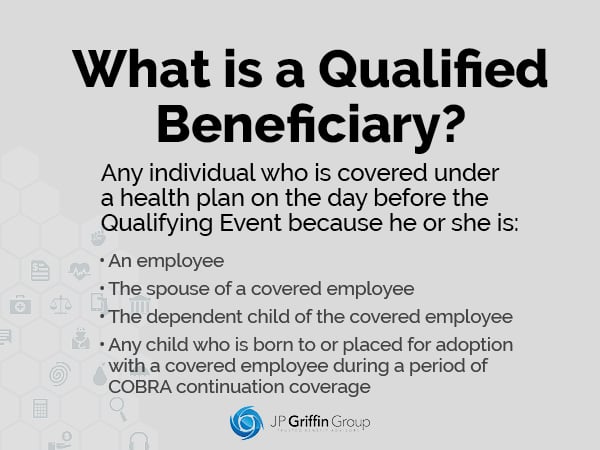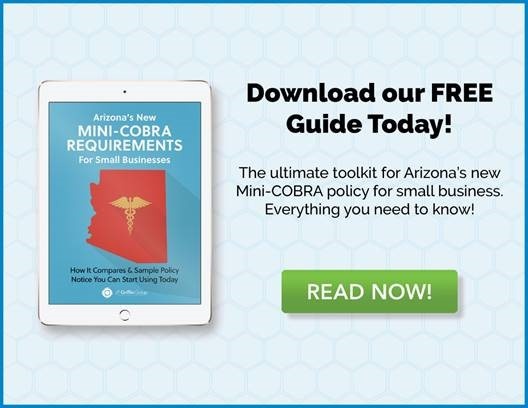![]()
 At the start of this calendar year, Arizona became the latest state to adopt a mini-COBRA law, which impacts small employers. The new law specifically applies to employer-sponsored medical plans issued or renewed on or after January 1, 2019. (Employers with plans that were issued or renewed prior to this date have a little more time to comply with the law.)
At the start of this calendar year, Arizona became the latest state to adopt a mini-COBRA law, which impacts small employers. The new law specifically applies to employer-sponsored medical plans issued or renewed on or after January 1, 2019. (Employers with plans that were issued or renewed prior to this date have a little more time to comply with the law.)
The law requires small employers – those that offer group health plans, including medical, dental and vision - to offer continuation coverage to eligible employees and qualified dependents who experience Qualifying Events that would typically result in a loss of coverage.
These events include such things as loss of employment (for reasons other than gross misconduct), divorce or separation from the covered employee, or death of the covered employee.
Employers impacted by this new legislation are those that have fewer than 20 employees for more than fifty percent of its typical business days during the prior calendar year.
Although the new mini-COBRA continuation coverage requirements are very similar to the Federal COBRA requirements that apply to larger employers, there are some key differences. We invite you to download our side-by-side comparison of COBRA and Arizona’s Mini-COBRA of how these requirements compare with one another.
Highlights Of The New Law
Here are some highlights of Arizona’s new mini-COBRA law:
- In order for an employee and/or covered dependents to be eligible, they must have been covered under the employer’s plan for at least 90 days.
- If the employer changes plans, or adjusts premiums, any eligible employee must be extended the option to change plans, just as any other employee would.
- Employers must notify eligible employees 30 days prior to a plan benefit or premium change. This is not an Open Enrollment, therefore participants may not add dependents.
- Eligible employees and/or their covered dependents must be notified of their rights within thirty (30) days of the Qualifying Event. (But the law will consider the notice to be timely if it is postmarked within 44 days of the event.)
- Eligible employees and/or their covered dependents must accept coverage within sixty (60) days of the date of the Qualifying Event letter.
- Employers may charge a five (5) percent administration fee above the actual plan cost for administering the option.
- Within 45 days of electing continuation coverage, the participant must submit the first premium payment and the 5% administrative fee. (Note that this timeline means that an employer may be obligated to pay premiums for the enrollee’s coverage in advance and get reimbursed.)
Duration Of Coverage
Continuation coverage under Arizona’s mini-COBRA law may continue for up to 18 months and may extend for an additional 11 months when there is a disability. There are other circumstances under which coverage may be extended, details of which can be found in our side-by-side comparison of COBRA and Arizona’s Mini-COBRA.
Continuation coverage terminates when this allowable period ends, but will end sooner if the enrollee;
- Fails to pay premiums
- Becomes eligible for Medicare or Medicaid
- Obtains other health coverage
- When the employer terminates the plan
- When other events specified in the law occur
Notice To Eligible Enrollees
Mandated employers must issue a notice to eligible employees and/or their covered dependents within 30 days of a Qualifying Event informing them of:
- Their right to continue coverage at the full cost of the premium plus an additional 5% administration fee
- The full cost for the eligible enrollee and his or her qualified dependents to have such coverage
- The deadline for the eligible enrollee to elect continuation coverage
- The deadline for the eligible enrollee to submit the initial and ongoing payments to the employer
- How the eligible enrollee can lose coverage if the enrollee fails to pay premiums and the administrative fee
- Other information specified by law

A sample notice of coverage continuation can be found in our side-by-side comparison of COBRA and Arizona’s Mini-COBRA. Employers who use this notice in a timely manner will be deemed to be in compliance with the notice requirement.
A Word Of Caution About Company Size
A company that increases its workforce beyond twenty employees in one year may be subject to Federal COBRA the following year. Furthermore, companies that are related to each other through common ownership are treated as a single employer for COBRA purposes. In other words, while a company may have less than twenty employees, if it is related by common ownership to another company - and the combined number of employees exceeds twenty - both companies will be subject to COBRA rather than mini-COBRA.
Penalties For Non-Compliance
While the current COBRA law includes significant penalties for failure to comply (up to $110 per day), non-compliance penalties aren’t specified in Arizona’s mini-COBRA law. Such penalties may eventually be added to the Arizona Administrative Code and it is possible that affected enrollees could bring legal claims against an employer for noncompliance.
About Federal COBRA
Under the federal Consolidated Omnibus Budget Reconciliation Act of 1985—known as COBRA—many workers and their families have the right to choose to continue benefits provided by their group health insurance plans for limited periods of time under certain circumstances, including voluntary or involuntary job loss, reduction in hours worked, transition between jobs, death, divorce, and other life events. In the years since COBRA became law in 1985, many states have adopted what are commonly referred to as “mini-COBRA” laws.
To learn more about Arizona's new COBRA requirements, download our guide, which includes a side-by-side comparison of COBRA and Arizona’s Mini-COBRA as well as a sample policy notice you can begin using today.
Are you struggling with COBRA related issues? Is your business affected by the new Arizona mini-COBRA law? Leave us a comment or contact us. We'd love to hear from you!

















